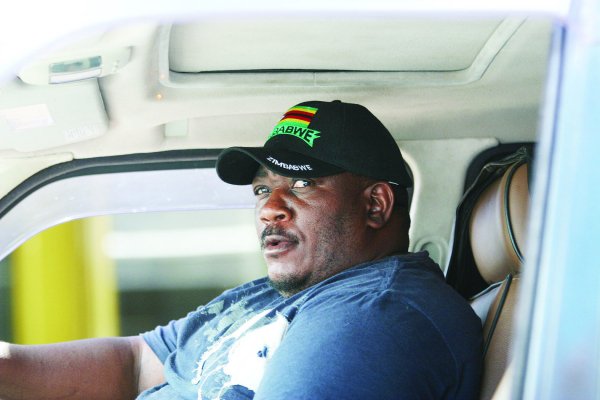By Shamiso Dzingire
Teachers have raised concern over indiscipline in schools evidenced by an increased number of students assaulting teachers in classrooms.

This comes after High Court judge David Mangota granted an order in 2017 outlawing corporal punishment in schools and at home following an application filed by a parent and a minors rights organisation — Justice for Children Trust.
The order is awaiting confirmation at the Constitutional Court.
Progressive Teachers’ Union of Zimbabwe (PTUZ) secretary-general Raymond Majongwe said in 2018 alone, his union received a record 18 cases of teachers getting assaulted by learners compared to just two recorded the previous year.
Writing on his Twitter page recently, Majongwe said: “Say whatever you want to say, I will not agree with the populist position of outlawing corporal punishment.
“Let it be put on record that we are turning our schools into chaotic jungles.
“In 2018, we recorded 18 cases of teachers being assaulted by learners. This spells disaster.”
In an interview with the Daily News, Majongwe attributed the assaults to “lack of discipline and reckless statements demeaning teachers made by politicians.”
“We recorded most assaults from Masvingo and Midlands provinces. This is so worrying considering that we recorded two incidents in 2017,” Majongwe said.
He added: “Teachers are now letting pupils do as they please because they are incapacitated to discipline them.”
Majongwe said corporal punishment must remain in full force to bring back sanity into classrooms and ensure that teachers get the respect they deserve execute their duties without fear.
When PTUZ recently met President Emmerson Mnangagwa to table their grievances, they cited the issue of discipline in schools as one of their concerns.
In the discussion points with Mnangagwa, PTUZ warned that some statements by government officials in relation to indiscipline by learners in schools are having the effect of promoting that scourge.
“We do not advocate for corporal punishment but if we are not careful, we will soon face the same problem of South Africa.”
“Cases that come to mind are the case in which in Zaka District, a teacher was attacked by a learner at Mutonhori High School.
“The same happened in Lupane district and Ihlati Secondary School in Bulawayo.”
Mangota handed down the ruling after Linah Pfungwa told the court that her daughter was heavily assaulted by her school teacher at Belvedere Junior Primary School where she was doing her Grade One.
According to court papers, the teacher kept a thick rubber pipe in her office, which she used to assault Pfungwa’s daughter.
This was after Pfungwa failed to sign her daughter’s homework book as she was attending to her diabetic mother.
Following the assault, her daughter sustained major bruises and could hardly sleep properly.
“On the following Monday, my child was so traumatised that she refused to go to school. She was crying and I had to force her to go to school,” Pfungwa said.
In his ruling, Mangota said parents and teachers must not lay their hands on children even if they misbehave, and declared section 69 (2) c of the Education Act which allows corporal punishment unlawful. Daily News






